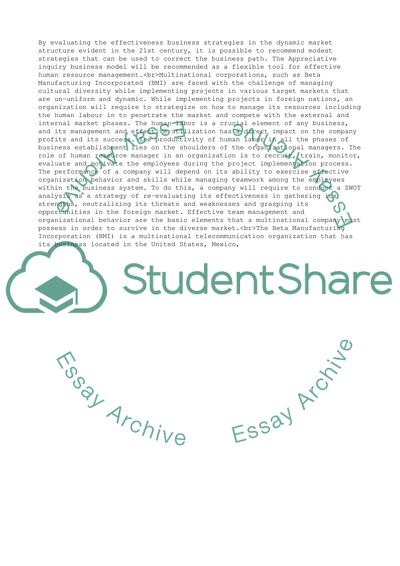Cite this document
(Final Project Reflective Paper - Team Beta Assignment - 1, n.d.)
Final Project Reflective Paper - Team Beta Assignment - 1. https://studentshare.org/management/1803207-final-project-reflective-paper-team-beta
Final Project Reflective Paper - Team Beta Assignment - 1. https://studentshare.org/management/1803207-final-project-reflective-paper-team-beta
(Final Project Reflective Paper - Team Beta Assignment - 1)
Final Project Reflective Paper - Team Beta Assignment - 1. https://studentshare.org/management/1803207-final-project-reflective-paper-team-beta.
Final Project Reflective Paper - Team Beta Assignment - 1. https://studentshare.org/management/1803207-final-project-reflective-paper-team-beta.
“Final Project Reflective Paper - Team Beta Assignment - 1”. https://studentshare.org/management/1803207-final-project-reflective-paper-team-beta.


